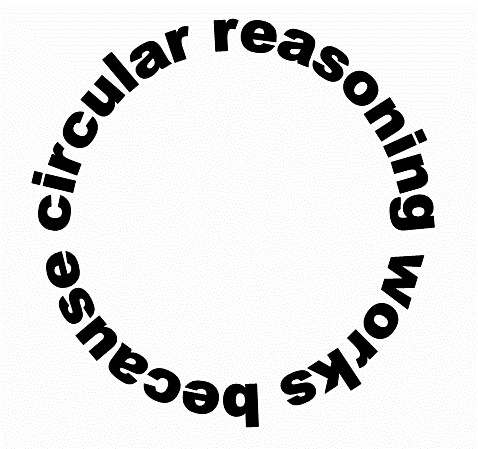Is expecting others to be selfish a self-fulfilling prophecy?
.
Via Eurekalert:
The expectations people have about how others will behave play a large role in determining whether people cooperate with each other or not. And moreover that very first expectation, or impression, is hard to change. “This is particularly true when the impression is a negative one,” says Michael Kurschilgen from the Max Planck Institute for Research on Collective Goods in Bonn, summarising the key findings of a study in which he and his colleagues Christoph Engel and Sebastian Kube examined the results of so-called public good games. One’s own expectation thereby becomes a self-fulfilling prophecy: those who expect people to act selfishly, actually experience uncooperative behaviour from others more often.
Join over 190,000 readers. Get a free weekly update via email here.
Related posts:
5 Scientific Secrets To Naps That Will Make You Happier And Smarter
4 Things Astronauts Can Teach You About A Good Night’s Sleep




